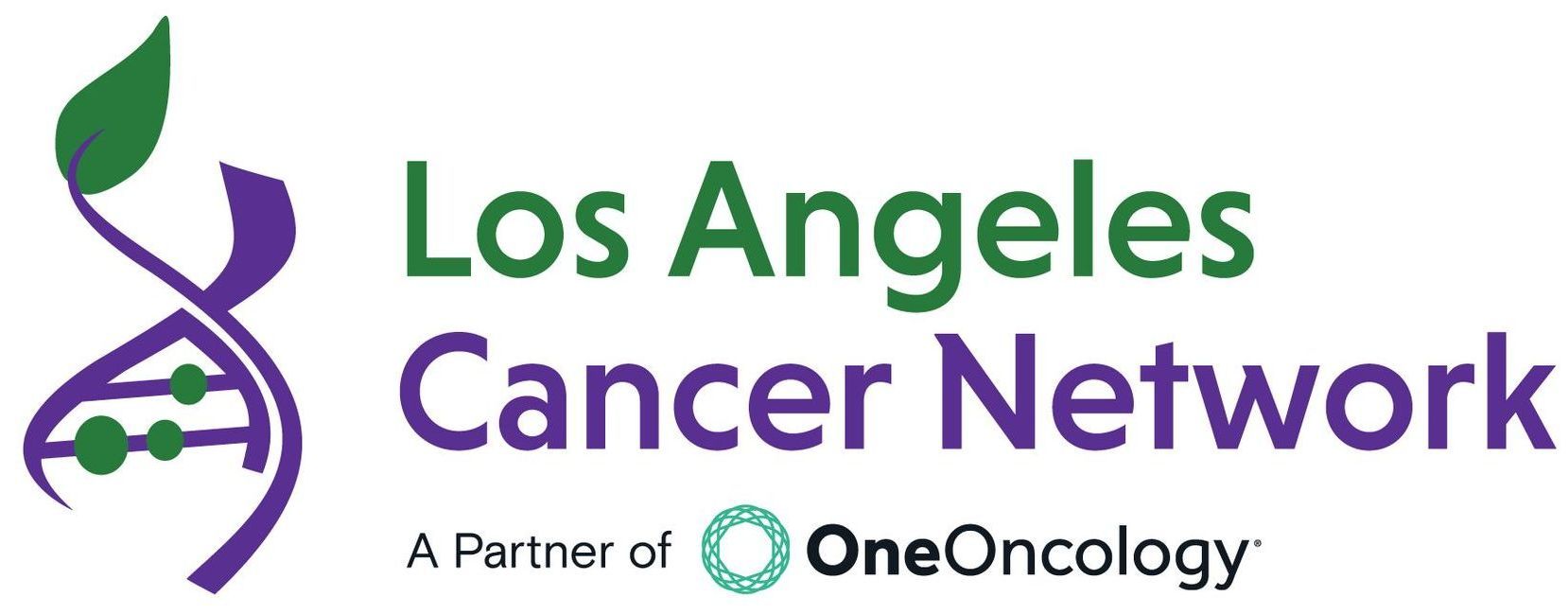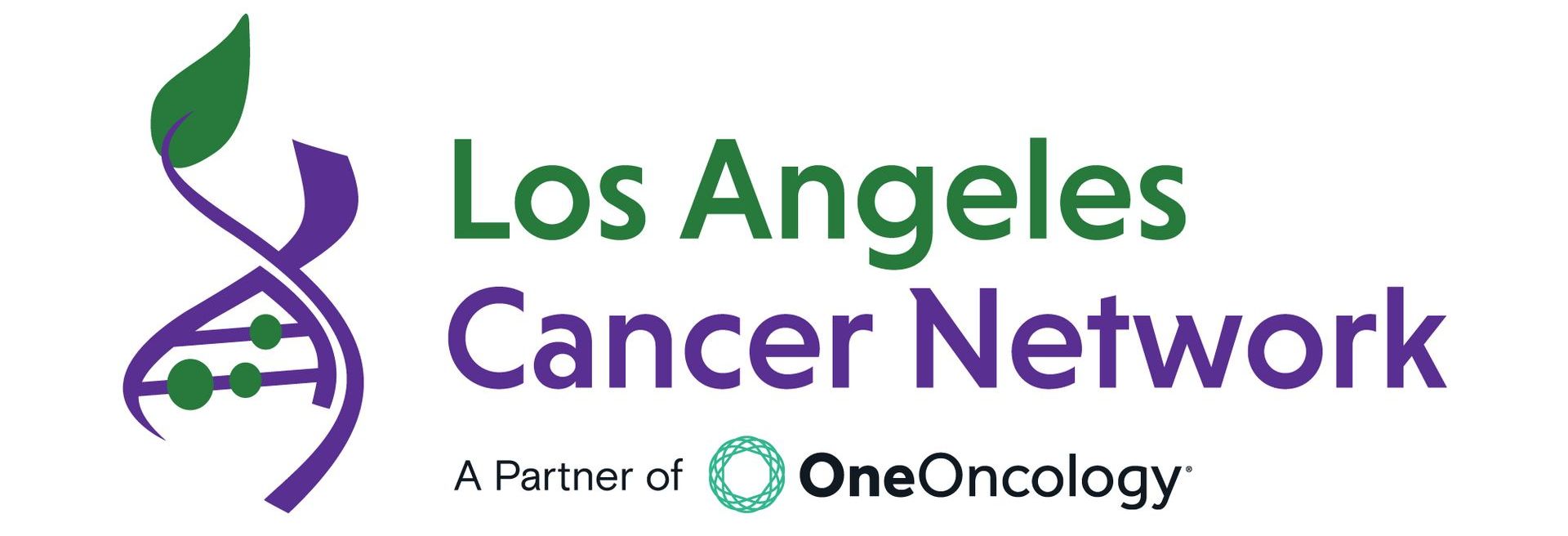KIDNEY CANCER
What is Kidney Cancer?
We each have two kidneys, which are located behind the abdominal cavity. Each kidney filters the blood reabsorbs valuable molecules from the filtrate (such as dissolved salts and sugar molecules), removes wastes from the body by producing urine, and allows our bodies to fine-tune the concentration of urine depending on how well-hydrated we are. Kidney cancer occurs when cancer arises in either of the two kidneys and may spread to other regions of the body.
What Causes Kidney Cancer?
Kidney cancer develops as a result of changes to the genetic material within kidney cells. These changes result in the pattern of cell growth and division characteristic of kidney cancer. Although increased likelihood of developing kidney cancer is associated with the following factors, according to the American Cancer Society, in most cases, physicians and scientists are still trying to determine what causes kidney cancer to develop:
- Aging
- Chronic kidney disease
- Exposure to certain chemical substances
- Family history of certain cancers
- Genetic mutations
- High blood pressure
- Obesity
- Personal history of certain cancers
- Smoking
How is Kidney Cancer Detected?
Our specialists collect information regarding medical history, surgical history, social history, and family history; conduct laboratory testing, and review radiological studies to approach patient care in the most comprehensive and personalized manner.
If kidney cancer is suspected, a doctor will likely order imaging to help arrive at a diagnosis. Imaging might include a CT scan, PET scan, PET-CT scan, ultrasound, or MRI. A CT (computed tomography) scan uses X-rays to generate a three-dimensional picture of the body whereas a PET (positron emission tomography) scan uses a small amount of radioactive tracer to locate any cancer cells by how readily they take up the radiotracer. A PET-CT combines the features of a CT scan with those of a PET scan. An MRI (magnetic resonance imaging) uses magnetic fields to generate a detailed representation of the body. Lastly, an ultrasound sends sound waves through the body to generate images of the body’s organs and tissues.
If upon review of your results your doctor notices a mass suspicious for kidney cancer, he or she will likely order a biopsy in order to make a diagnosis and plan treatment, if necessary.
Signs and Symptoms of Kidney Cancer
The following may be indicative of kidney cancer but may also be indicative of other illnesses:
- Abnormal, unexplainable weight loss
- Anemia
- Back discomfort, pain, or pressure
- Blood in the urine (“hematuria”)
- Enlarged lymph nodes
- Fatigue
- Fever
- Loss of appetite
- A sensation of a mass
- Weakness
It is important you tell your doctor if you have any of these signs and symptoms, so he or she may determine their cause and plan treatment, if necessary.
How is Kidney Cancer Treated?
Treatment of kidney cancer, depending on the stage and type, may include chemotherapy, radiation therapy, and/or surgery. These treatments may be used individually or in combination based on your doctor’s recommendations. It’s important to discuss all of your treatment options with your doctor to help make the decision that best fits your needs. Some important factors to consider when deciding on a kidney cancer treatment plan include:
- Your age, health, and lifestyle.
- The stage of your cancer.
- Any other serious health conditions you have.
- Your feelings about the need to treat cancer right away.
- Your doctor’s opinion about if you need to treat cancer right away.
- The likelihood that treatment will help fight or cure your cancer.
- Possible side effects of each treatment method.
You may feel the need to make a quick decision, but it is very important to ask questions if there is anything about which you’re not entirely sure. It is very important for you and your doctor to communicate and work together to weigh the benefits of each treatment option against the possible adverse effects in order to ultimately determine which treatment option is best for you.
Our Approach
The doctors here at LACN are here for you every step of the way through your journey. Our specialists can provide you with comprehensive, personalized care to help from diagnosis to remission and thereafter.












